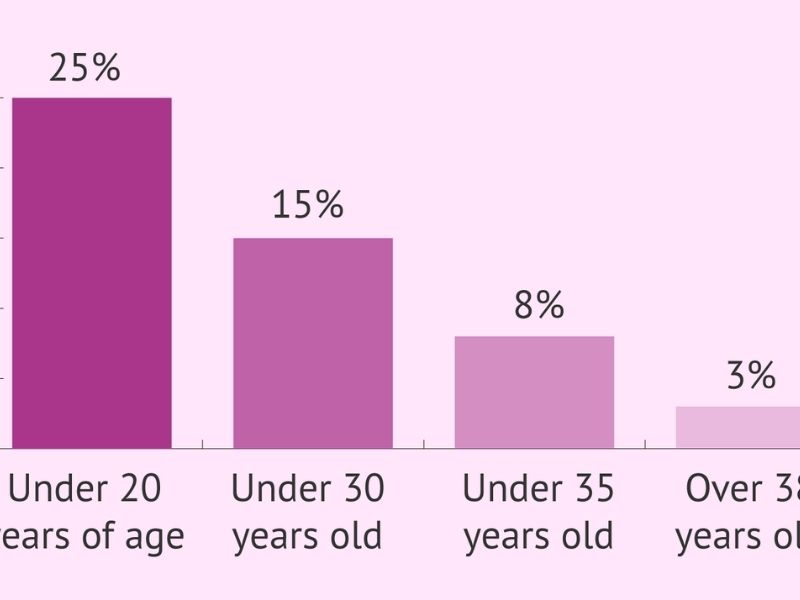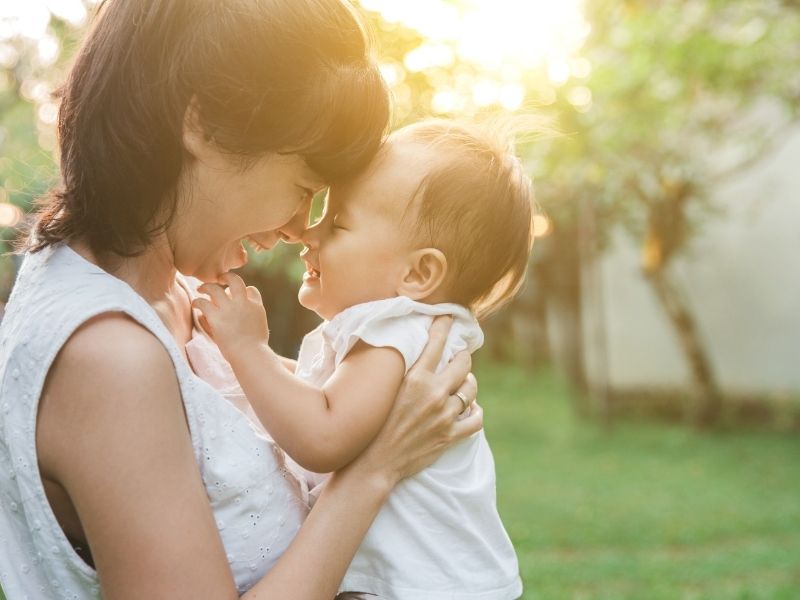The decision of when to start a family is deeply personal and influenced by many factors. While there is no one-size-fits-all answer, data can provide valuable insights into the optimal age to have a baby. Understanding these trends can help individuals make informed choices about their reproductive timelines.
The Biological Clock
Biologically, a woman’s fertility peaks in her early 20s and declines gradually after age 30. By age 35, the decline becomes steeper, making it more challenging to conceive. Medical experts generally advise women to consider having children before age 35 to minimize fertility-related complications.

Canva. com
Emotional And Financial Stability
Psychological readiness plays a crucial role in parenting. Many experts suggest that individuals should aim for emotional stability and maturity before parenthood. Achieving a certain level of financial security can also alleviate the stress of raising a child.
Career And Education
Balancing career aspirations and family planning is a common concern. Optimal timing may vary based on individual career trajectories and personal goals. Some choose to establish their careers before starting a family, while others find ways to integrate both simultaneously.

invitra.com
Health Considerations
Apart from fertility, health risks increase with age, both for mothers and babies. Younger mothers tend to experience fewer complications during pregnancy and childbirth. However, it’s important to note that modern healthcare advancements have also significantly improved outcomes for older mothers.
Grandparent Involvement
Having children at a younger age can allow for more active involvement of grandparents in their grandchildren’s lives. This intergenerational support system can be invaluable for both parents and children.
